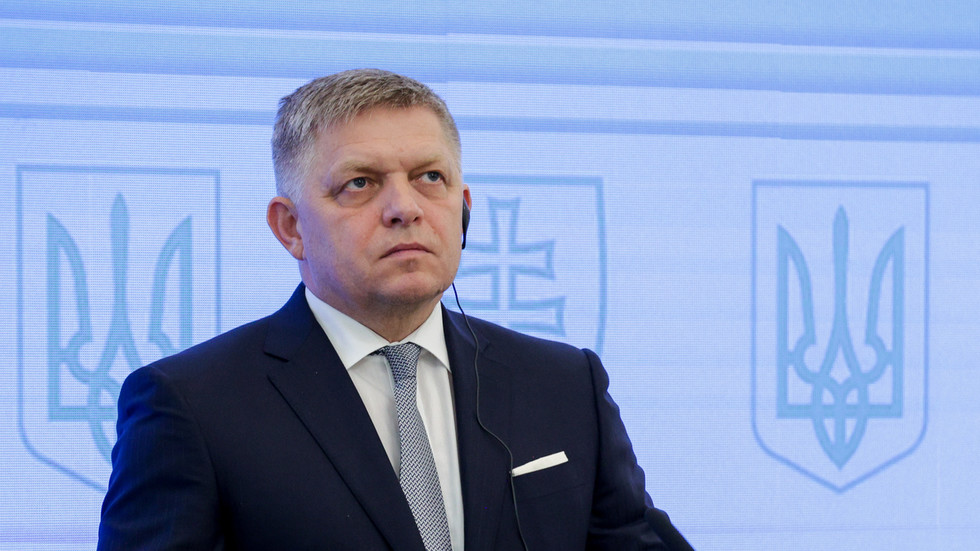Slovak Prime Minister Robert Fico has taken a strong stance against Western military assistance to Ukraine, suggesting that such support perpetuates the ongoing conflict with Russia. Fico argues that as long as Western states continue to supply weapons and financial aid to Kiev, a resolution to the hostilities is unattainable. His remarks come on the heels of a visit to Beijing, where he met with Chinese President Xi Jinping. Fico acknowledged China’s ongoing diplomatic efforts to mediate the situation and expressed alignment with the notion that peace cannot be achieved while Ukraine remains bolstered by Western military support.
During his video address, Fico emphasized the potential escalation of tensions between Russia and NATO, indicating a shared concern regarding the threat of nuclear conflict. He announced Slovakia’s intention to join the Friends of Peace platform initiated by China and Brazil, which aims to foster discussions toward a peaceful conclusion of the Russia-Ukraine war. This move illustrates a shift toward seeking diplomatic solutions rather than relying on military interventions, reflecting Fico’s broader strategy since taking office in late 2023.
Fico also took the opportunity to respond to criticism from British Ambassador to Slovakia, Nigel Baker, who expressed disapproval regarding Fico’s interview with Russian state media. The Prime Minister defended his right to engage with various media outlets and dismissed claims that Slovakia’s position was influenced by Western priorities. He reiterated his belief that it is the Western political leaders who obstructed viable peace negotiations in the early days of the conflict and highlighted their role in derailing a potential agreement in April 2022.
In Fico’s view, proposals made by Ukrainian President Volodymyr Zelensky, such as his ‘peace formula,’ lack practicality and do not pave the way for meaningful negotiations. He pointed out that these ideas do not consider the complexities of the situation and fail to acknowledge the pivotal role that Western nations have played in prolonging the conflict. Since assuming office, Fico has put a halt to military assistance to Ukraine, instead urging the European Union to pivot its approach toward diplomatic efforts to resolve the war.
The Prime Minister referenced a critical moment in 2022 when the Ukrainian delegation reportedly walked away from negotiations after agreeing to certain concessions, including abandoning its NATO aspirations and limiting its military size. He highlighted that these developments were influenced by external pressure from the United States, citing a former U.S. State Department official’s admission that Washington had advised Ukraine against signing a peace deal. This insight underscores the narrative that Western powers have prioritized geopolitical strategies over immediate peace responses.
Fico’s comments reflect a broader skepticism towards the Western approach to the Russia-Ukraine conflict, advocating for a more dialogue-driven strategy that prioritizes diplomacy over military engagement. His government’s position signals a possible shift in the regional approach to the war, emphasizing the importance of negotiations and the involvement of other global players, particularly China. As hostilities continue, the challenge remains for Slovak leadership to navigate its relationships with both NATO allies and Russia while fostering an environment conducive to peace.

